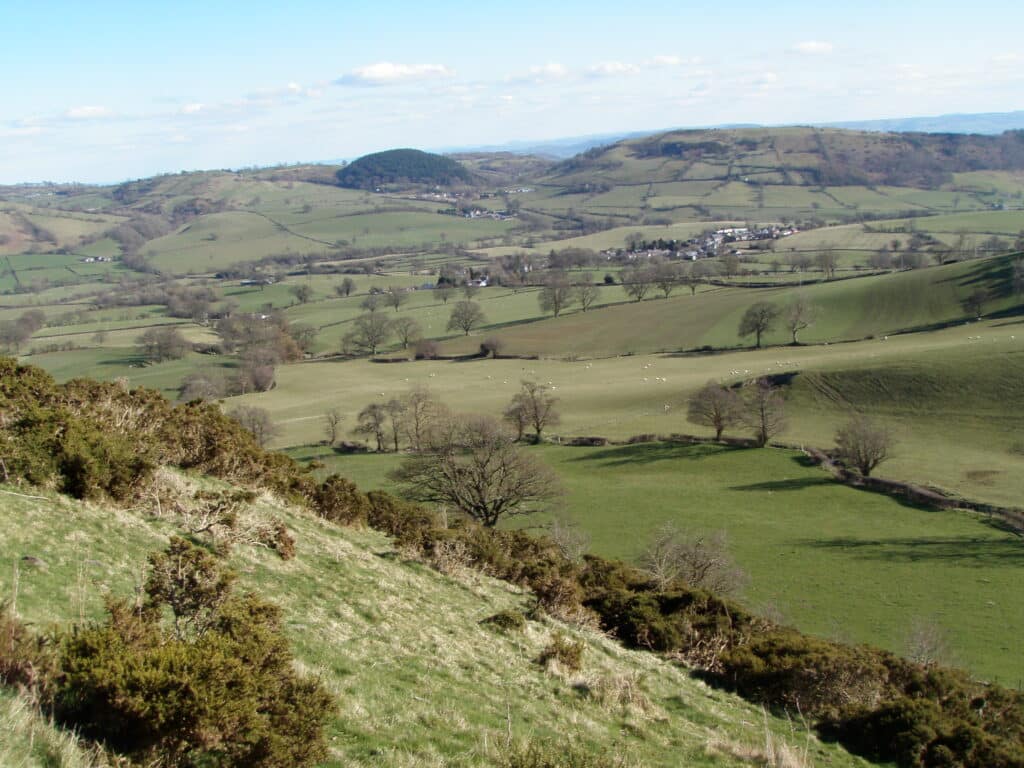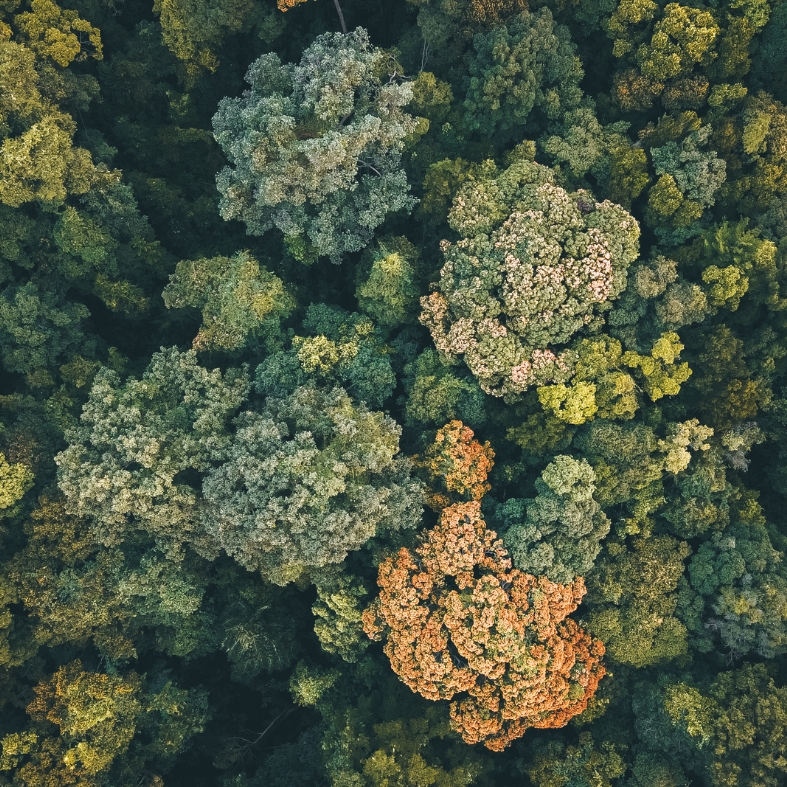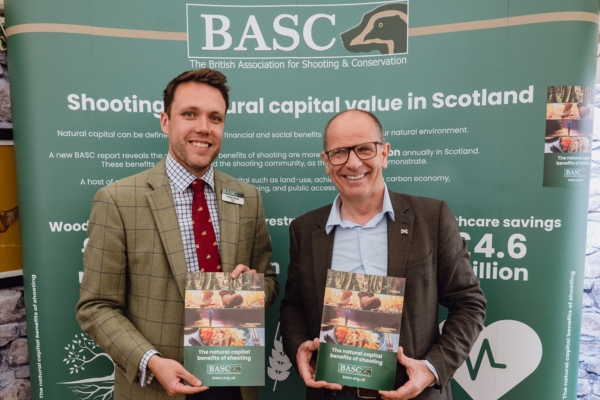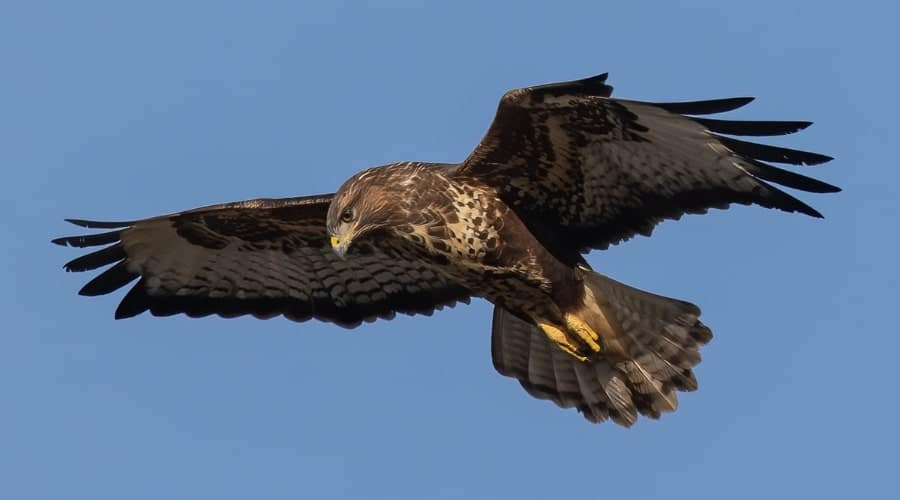
BASC awards GWCT grant to help in the fight for shooting
BASC awards £300k package to GWCT to fund sustainability research
Get information on the legal shooting season for mammals and birds in the UK.
Apply for funding for your project or make a donation today
Comprehensive information and advice from our specialist firearms team.
Everything you need to know about shotgun, rifle and airgun ammunition.
Find our up-to-date information, advice and links to government resources.
Everything you need to know on firearms law and licensing.
All the latest news and advice on general licences and how they affect you.


Shooting is proving to be a vital partner in England’s Local Nature Recovery Strategies (LNRS), contributing significantly to biodiversity, habitat restoration, and environmental goals. BASC’s Ian Danby explains how we are ensuring that shooting’s contributions are recognised and leveraged to create a greener, more sustainable future for all.
We all know that we are in a climate and nature emergency and changes in Government often bring with them new ideas on how best to meet these challenges. However, one of the programmes of work for nature recovery didn’t skip a beat when Labour entered Number 10 Downing Street and is nearing completion – the creation of Local Nature Recovery Strategies (LNRS).
The development of LNRS by each ‘responsible authority’ in England is a legal requirement under the Environment Act 2021 and need to be in place by March 2025. There are 48 across England, typically local councils. BASC is engaging with all of them to show how shooting is a partner in delivering them on the ground.
Every LNRS must deliver two things:
Each of these plans are expected to join together coherently, like a massive England-scale jigsaw puzzle. In this way they will help deliver another government priority – creating a Nature Recovery Network of linked habitat across England. BASC is representing sustainable shooting at the top table in the Nature Recovery Network structure. But that is a topic for another blog post.
Both the LNRS and the Nature Recovery Network are there to help government reach its legal targets to restore or create 140,000 hectares of nature-rich habitat by 2028, achieve species abundance targets, and reduce extinction risks for threatened species.
The question is how are these strategies going to do that in the real world? In short, you need allies.
Enter shooting. BASC released two key reports this year which illustrate the national picture of shooting for environment, people and the economy.
The Value of Shooting report gave us up-to-date information on the environmental, economic and social value of shooting. In England it revealed that shooting provides £2.9 billion of economic benefit, much of this in rural areas and outside the main tourist seasons.
It also valued the time shooters voluntarily put into habitat creation and maintenance, alongside management of species that cause environmental problems, at £450 million a year. If you are interested in nature recovery in a way that supports economic growth, then clearly you want to talk to those engaged in shooting.
The second report was our inaugural Natural Capital benefits of Shooting report that put a value on the financial and social benefits the public enjoy from our natural environment due to shooting. These are examples of the wider environmental benefits LNRS are tasked with identifying and growing.
Notably, the report revealed that land with game shooting has 15 per cent woodland cover, surpassing England’s national average of 10 per cent. If you are the sitting government with a target of 16.5 per cent coverage of woodland and trees combined by 2050, shooting giving you 15 per cent of woodland alone makes it an important ally.
Beyond environmental benefits, shooting promotes public health. Participants in shooting activities are more active and socially engaged, saving the NHS and local authorities £22 million annually in avoided healthcare costs. BASC argues that shooting should be integrated into NHS green prescribing programs to enhance physical and mental wellbeing.
Moreover, the food value of quarry species contributes £25 million annually, while pest control by shooters delivers an additional £40 million in savings to farmers and foresters. Combined, these benefits bolster domestic food and material security – key political priorities.
As LNRS development nears its 2025 deadline, BASC is ensuring that shooting’s contributions are well-represented. Thus far we are finding the strategies are sensible and provide ample opportunities for shooting to shine and help deliver more for nature and people faster. BASC has shared its expertise on key issues including:
Our key message to LNRS is shooting is an ally they need and should be engaging with positively. We can’t expect people to treat shooting properly if they don’t understand the facts.
BASC will make sure LNRS teams get that information. If we failed to do that, the largest disservice would not be to the shooting community, but to the public and planet.

Ian Danby is BASC’s head of biodiversity working on climate change adaptation and nature recovery across the UK.

BASC awards £300k package to GWCT to fund sustainability research

Scotland’s shooting sector delivers more than £246 million in annual natural capital benefits, according to a new report launched by BASC at the Scottish Game Fair on 4 July.

Read our statement on the sentencing of Paul Allen following his conviction for multiple offences, including the possession of dead buzzards.